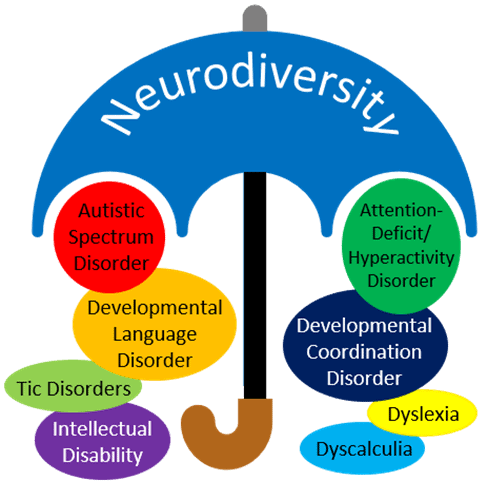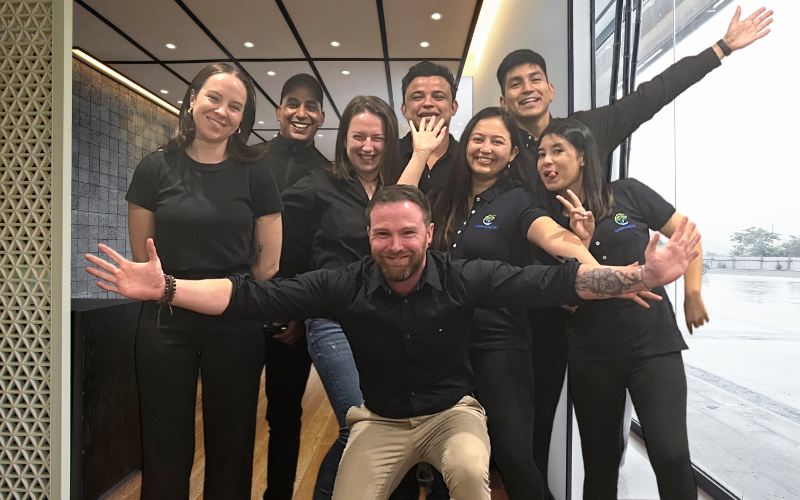Occupational Therapy and Neurodiversity: A Holistic Approach to Enhancing Quality of Life

Neurodiversity is a term used to describe the natural variations in human brain function and development. This includes individuals diagnosed with Autism, Attention Deficit Hyperactivity Disorder (ADHD), and other neurodivergent conditions. These individuals may face challenges related to social interaction, communication, and sensory processing. But, they also possess unique strengths and abilities that can be leveraged to enhance their quality of life. Occupational therapy can be a valuable tool in supporting neurodivergent individuals. This can be done by taking a holistic approach to their care and addressing their specific needs and goals.
1. Understanding their unique strengths and challenges (approach):
The first step in supporting neurodivergent individuals is understanding their unique strengths and challenges. Occupational therapists work with clients to identify areas where they may require extra support. It includes social interactions, daily routines, sensory processing, and communication. They also identify areas where clients may have strengths. Such as, an exceptional ability to focus on tasks or an exceptional memory. By understanding both the challenges and strengths of each individual, occupational therapists can develop customised treatment plans that support their overall well-being.
2. Enhancing Communication:
Communication is essential for all aspects of life, and occupational therapy can help improve communication skills for neurodivergent individuals. This includes improving written and verbal communication. As well as, non-verbal communication, such as body language and facial expressions. Occupational therapists may develop social stories, visual aids, and other tools to support more effective communication and their support systems.
3. Promoting Sensory Regulation:
Some neurodivergent individuals experience heightened or decreased sensitivities to sensory stimuli. Occupational therapists can help individuals develop strategies to manage these sensitivities and regulate their sensory input. This may include incorporating activities that promote relaxation, such as yoga or meditation. Also, incorporating sensory tools, such as weighted blankets or fidgets.
4. Developing Life Skills approach:
Ultimately, the goal of occupational therapy is to support individuals in developing the skills they need to achieve their goals. Furthermore, it enhance their quality of life as well. This includes developing life skills related to self-care, education, work, and social relationships. By focusing on each individual’s unique strengths and needs, occupational therapy can support the development of these critical life skills.
Conclusion:
In conclusion, OT is a valuable tool for supporting neurodivergent individuals in achieving their goals and enhancing their quality of life. By taking a holistic approach to each individual’s care, occupational therapists can identify strengths and challenges. They can also develop customised treatment plans, and support the development of critical life skills. Lastly, with the right support and tools, neurodivergent individuals can thrive and achieve their full potential.
Book a free Consultation with us today!
Mobile : 1800960068
Email : contactus@iseeksupport.au









